Tokyo Olympics 2021: What each country pays medallists revealed
Countries pay athletes per Olympic medal they win but Australia ranks last for what athletes are entitled to. We reveal what Emma McKeon’s record haul is worth and what being an Aussie cost her.

Australia has been shamed by revelations it trails the rest of the world in Olympic athlete medal rewards, sparking urgent calls for a funding revolution to rescue its stars “from the breadline”.
An investigation by swimming website Swimswam has ranked Australia last of 19 nations in financial rewards for athletes who win medals, below sports superpowers such as the USA, Russia and Germany, but also the likes of Azerbaijan, Malaysia and Thailand.
While Australian athletes are promised $20,000 for a gold, $15,000 for silver and $10,000 for bronze, Singapore athletes can earn $1,005,000AUD for winning gold, even though swimmer Joseph Schooling is their only podium topper. Other nations such as Russia ($82,000AUD) and the USA ($50,000AUD) are more in Australia’s range.
Aussie swimming queen Emma McKeon picked up a record four gold medals and three bronze in Tokyo.
The difference between what Australia will pay her and what Singpaore would pay for the same haul by one of its athletes is an eye-watering $4.5 million.
McKeon will get $112,500 for her feats in the pool. If she hailed from Singpaore that number skyrockets to $4,773,000.
The Philippines government is giving Hidilyn Diaz, the country’s first ever Olympic gold medallist $880,000 and a house.
With Brisbane awarded the 2032 Olympics, former beach volleyball gold medallist and Queensland Olympic Council president Natalie Cook is adamant the funding structure must change and will work on a plan she hopes to present to Prime Minister Scott Morrison.
It is understood other high-level talks have also taken place in recent weeks as the Australian Olympic Committee meets the funding challenge head-on.
“I know how hard it is – I have been there — but rather than whinge I want to be part of the solution and I’m calling on everyone to come together and update a system which was put in place for the Sydney Olympics but must be upgraded, particularly for Brisbane 2032,’’ Cook said.
“It would be different if our support along the way was on a par with the rest of the world but we are so far behind.
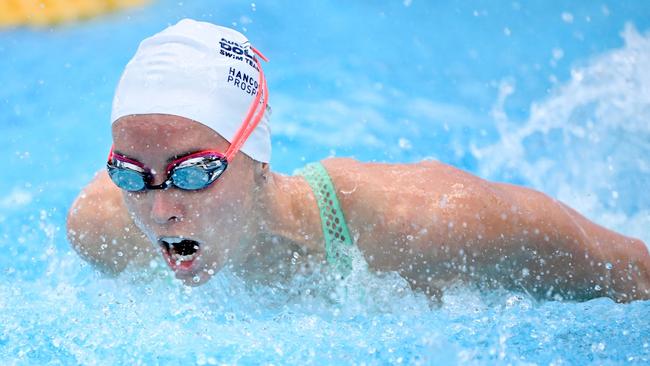
“The softball girls had to pay to go to the Olympic selection camp in Sydney. There is no health cover, no sick pay, no super and if you get injured you can lose your funding.
“(Australian Institute of Sport director) Peter Conde has assured me that we will do a piece of work to take to the Prime Minister so Australia’s Olympic and Paralympic athletes can spent more time on task. Some are doing it really tough.
“Most of our athletes are supported by their families. (Beach volleyballer) Taliqua Clancy lives with family. She does win some prizemoney, which helps, but if she didn’t she would be in big trouble.’’
“We have to change and frontload the support. The money has to come at the front not the back.’’
Some nations such as Sweden don’t have medal rewards while other nations such as South Korea offer military exemptions while a German sponsor once offered free beer for life for gold medallists.
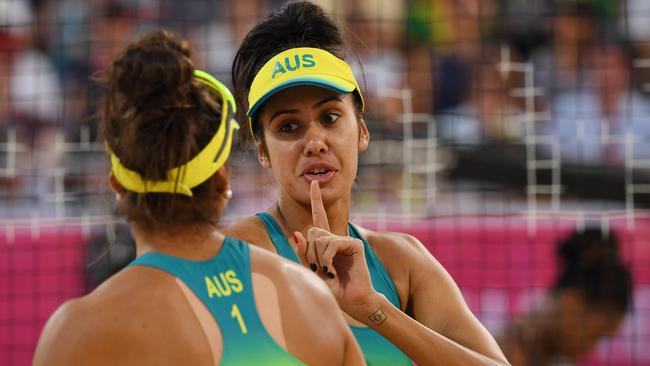
While the AIS hands out $14 million a year to athletes, including up to $35,000 for those placed first in a world championship, a recent survey of 521 athletes conducted by the non-profit, fundraising Australian Sports Foundation found many were teetering on the brink of retirement.
Just under half of the survey respondents revealed they were earning beneath $23,000 a year, which is what a single, unemployed person is allowed to claim on benefits and well below the minimum wage of $39,000.
“It was quite shocking,’’ said ASF chief executive Patrick Walker. “It is a real burden for the athletes but I don’t think the public understands that. Apart from a small handful these guys are on the breadline.
“It is a financial strain on them and their families. It is absolutely unbelievable how the banks of mum and dad are still funding our Olympic athletes.
“We are concerned. The Covid volatility is causing a lot of these athletes to consider retirement. You put that in the context of Brisbane 2032. We have to start planning for Brisbane now. Let’s remember it’s the 10 or 15-year-olds today who are going to represent us in Brisbane.’’
Former Olympic silver medallist and long-time Olympic fundraising champion Mark Stockwell senses the mood is right for a funding revamp.
“I’m not so worried about the gold medallist because they tend to get more funding, but we have to celebrate the athletes who don’t win medals,’’ Stockwell said.
“It is particularly difficult to keep the dream alive. Now with Brisbane 2032 and Tokyo on us we need to reimagine how high-performance sport is funded and delivered in this country.’’
‘Pride, not pay motivates Aussies’
Olympic athletes are not motivated by money, and compete because they’re passionate about their sport, Australia’s Deputy Chef de Mission and gold medallist Kenny Wallace says.
Wallace, a canoeist who won gold in Beijing in 2008 and bronze in Rio in 2016, said athletes wanted to win regardless of money or medal targets.
His comment come amid a debate on how Australia should fund its elite athletes, and what reward should be given to those who win medals.
Speaking in Tokyo a day before the Games starts, Wallace said no athlete was thinking about their paycheck at the end of the race.
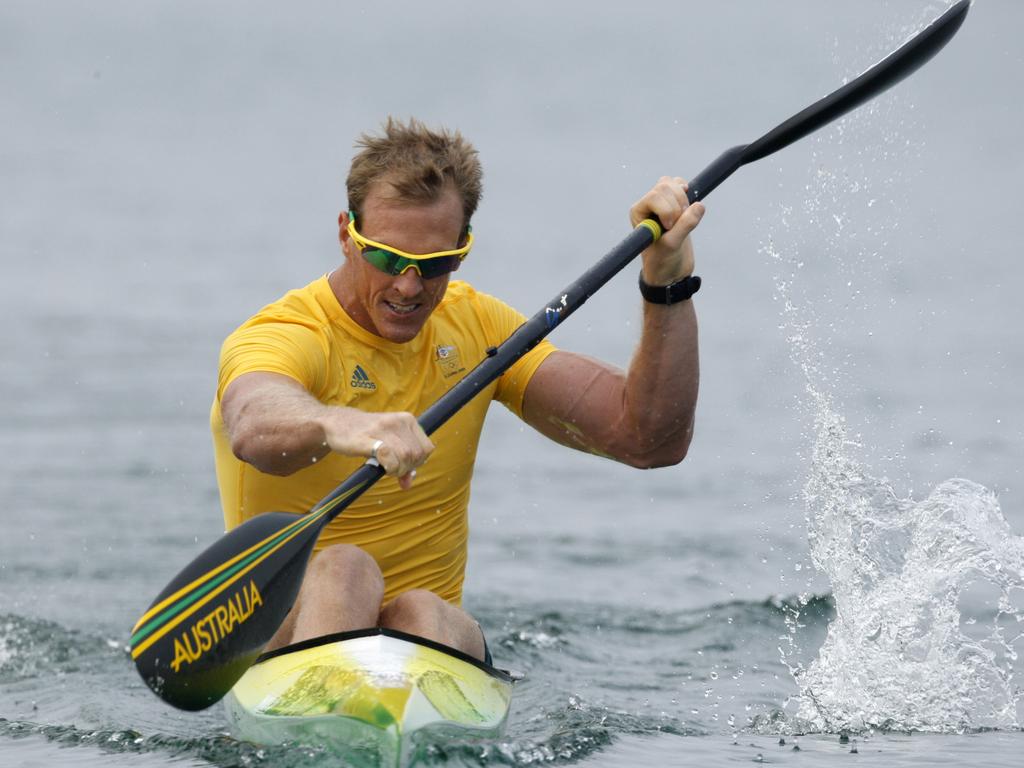
“So when it comes to funding within sport, we remind people and we remind athletes, multiple athletes in these briefings, ‘why did you start sport? You did it to start to have fun and enjoy yourself so remind yourself of that.’
“I guarantee people aren’t thinking of their paycheck at the end of the race, that’s for sure. Because there’s not much of it.
“People do it because they love it, they love their sport, they’re passionate about it and they enjoy it.’’
Wallace, who worked as a lifeguard on the Gold Coast, said he recalled raffling meat trays at his local surf club to “put petrol in the car’’ in the lead-up to Beijing.
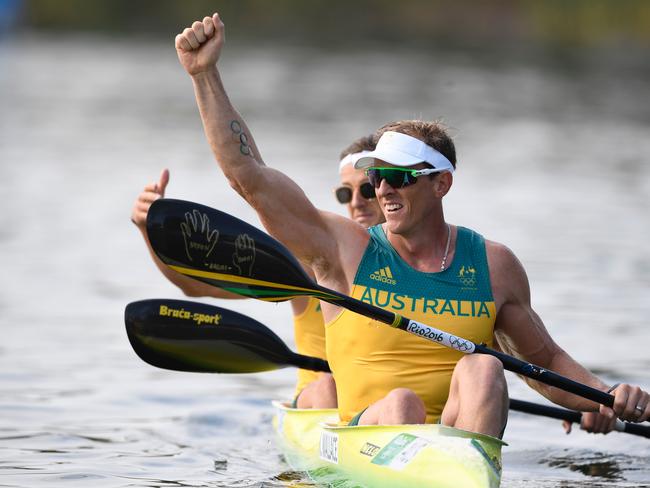
“That’s the kind of thing that the family gets behind and the friends get behind,’’ he said.
“Regardless of the money, people are going to do it anyway. The true athlete, the passionate athlete, the one that wants to win, they’re going to be there, to do it.
“Not everyone is going to win the medals. If you can walk away from the Games content with the performance you’ve put on that day, that’s the only thing … the AOC, every athlete, every past athlete and new athletes, ever asks for. Every parent, every friend. If they’ve given it their absolute best that’s it.’’


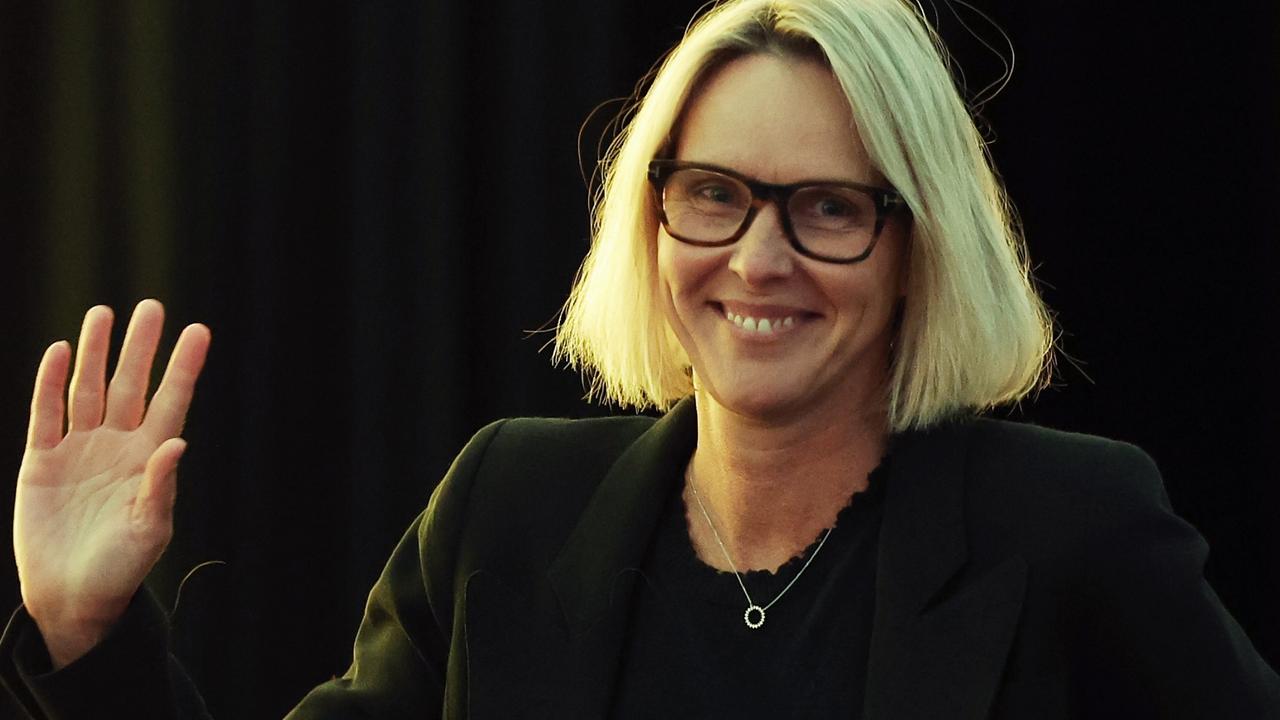
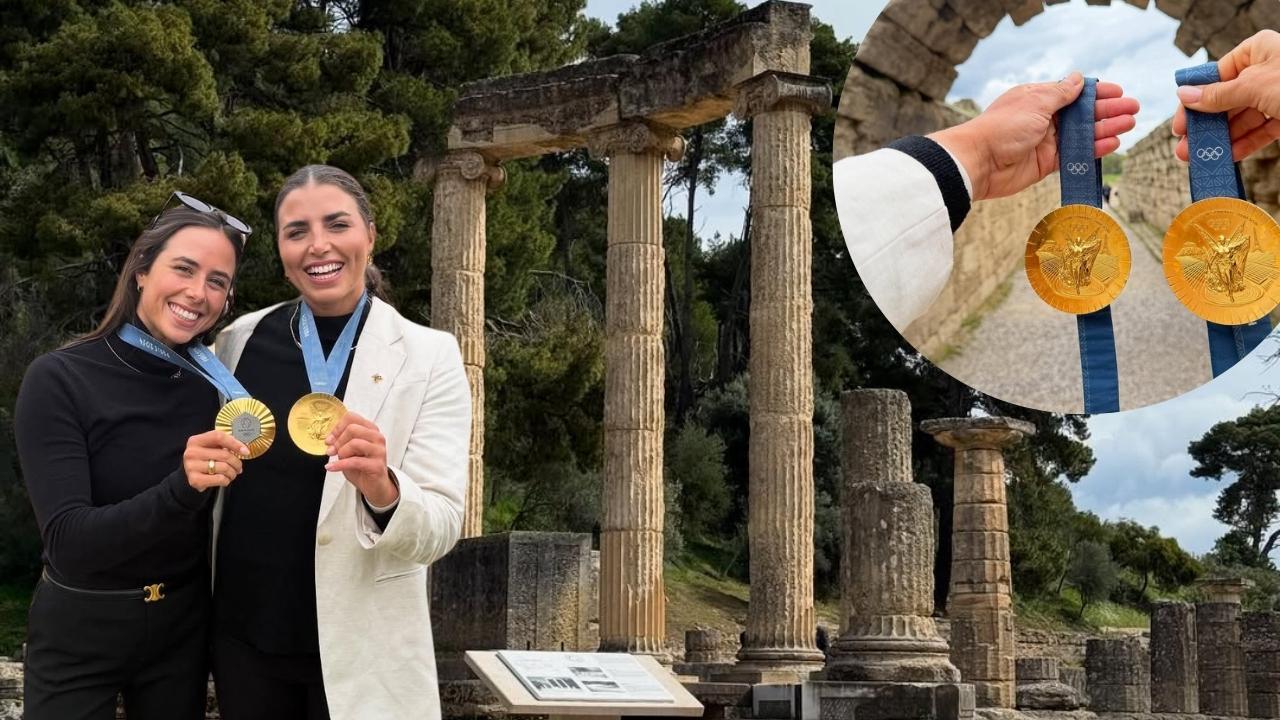
To join the conversation, please log in. Don't have an account? Register
Join the conversation, you are commenting as Logout